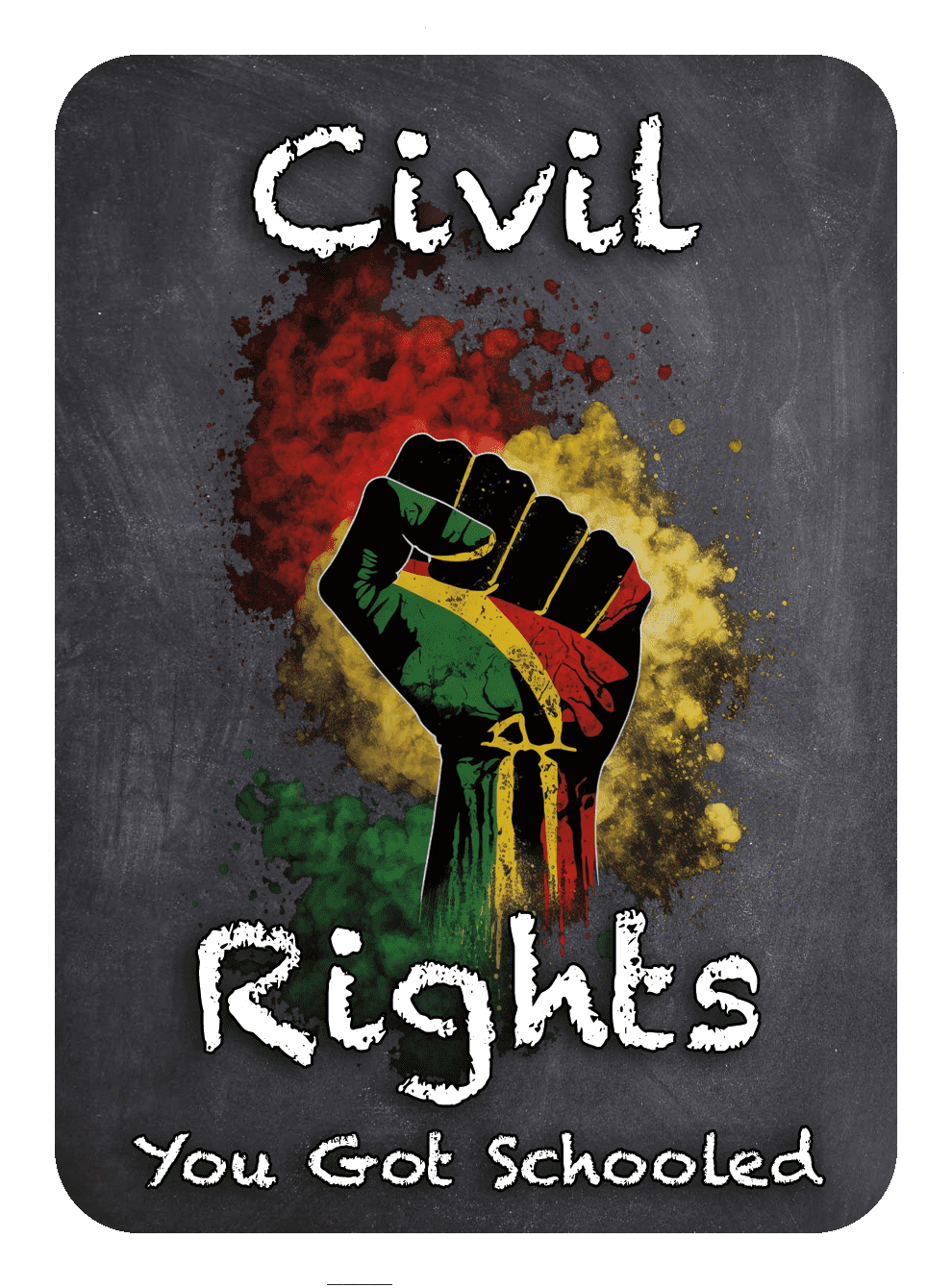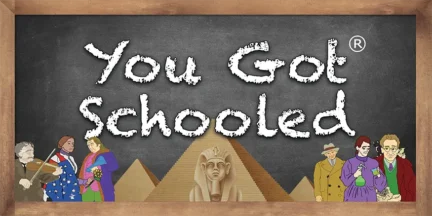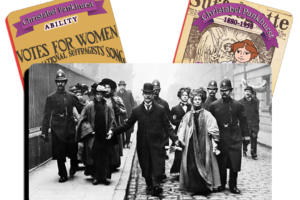Embracing Equality: A Deep Dive into Civil Rights Movements

Introduction:
Civil rights movements have played a pivotal role in shaping societies, challenging injustice, and championing equality for all. Throughout history, courageous individuals and collectives have stood up against discrimination, advocating for the rights and liberties that we often take for granted today. In this blog post, we delve into the significance of civil rights movements, their impact on society, and how they continue to shape our world. Join us as we celebrate the milestones achieved and explore the ongoing fight for equal rights.
- Understanding Civil Rights: Civil rights encompass the basic rights and freedoms that every individual should possess, regardless of their race, ethnicity, gender, religion, or any other characteristic. From the abolitionist movement to the modern-day fight against discrimination, civil rights have been at the forefront of societal progress.
- The Emancipation Proclamation: One of the most significant turning points in the history of civil rights was the Emancipation Proclamation in 1863. This executive order by President Abraham Lincoln paved the way for the abolition of slavery in the United States, marking a crucial step towards the recognition of equal rights for all individuals.
- Martin Luther King Jr. and the Civil Rights Movement: Dr. Martin Luther King Jr. emerged as a prominent leader during the Civil Rights Movement of the 1950s and 1960s. His powerful speeches, including the iconic “I Have a Dream” speech, called for racial equality, nonviolent resistance, and social justice. Dr. King’s tireless efforts and commitment to peaceful protest continue to inspire generations.
- Rosa Parks and the Montgomery Bus Boycott: Rosa Parks, often referred to as the “Mother of the Civil Rights Movement,” sparked a pivotal moment in history when she refused to give up her seat on a segregated bus in Montgomery, Alabama, in 1955. Her act of defiance led to the Montgomery Bus Boycott, a significant protest against racial segregation on public transportation.
- Malcolm X and the Black Power Movement: Malcolm X, a prominent civil rights activist, advocated for black self-determination and empowerment. His powerful speeches and writings challenged the nonviolent approach of the mainstream Civil Rights Movement, emphasizing the need for black pride, self-defense, and economic independence.
- Bayard Rustin and the March on Washington: Bayard Rustin, an influential civil rights activist and organizer, played a crucial role in organizing the historic March on Washington in 1963. This landmark event brought together hundreds of thousands of people to advocate for civil and economic rights for African Americans. Rustin’s strategic planning and commitment to nonviolent protest were instrumental in the success of the march.
- Stokely Carmichael and the Black Panther Party: Stokely Carmichael, a prominent figure in the Civil Rights Movement, later became a leader in the Black Panther Party. Carmichael advocated for black self-defense and self-determination, highlighting the need for radical change and challenging systemic racism.
Conclusion:
Civil rights movements are a testament to the power of collective action and the enduring pursuit of justice and equality. As we reflect on the milestones achieved and the progress made, it is crucial to recognize that the fight for civil rights is ongoing. By respecting and embracing the principles of civil rights, we contribute to creating a society that upholds the rights and dignity of every individual. Let us stand united in our commitment to civil rights and work towards a future where equality prevails for all.
Share via:



